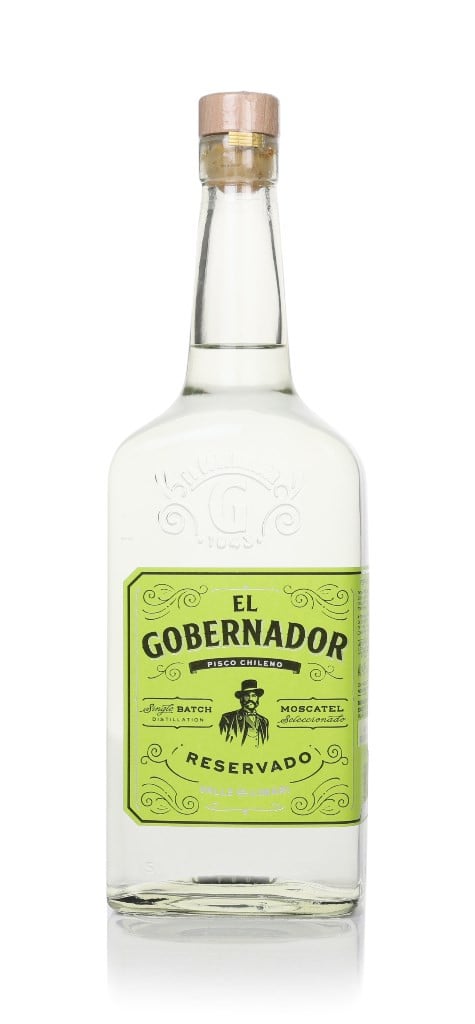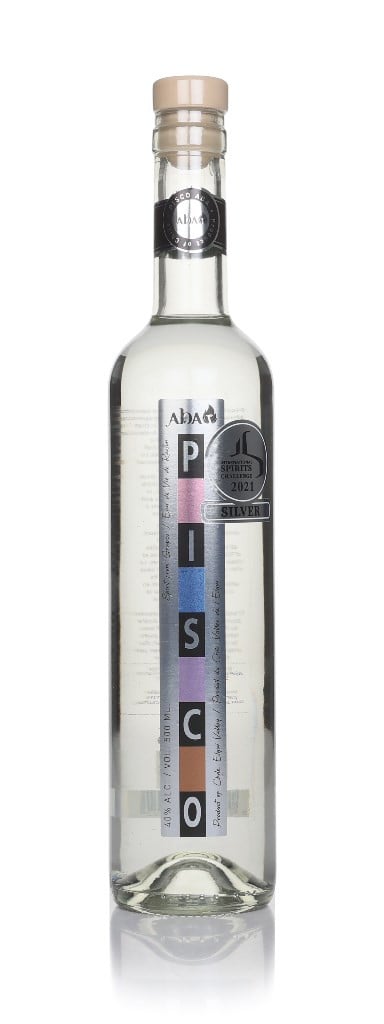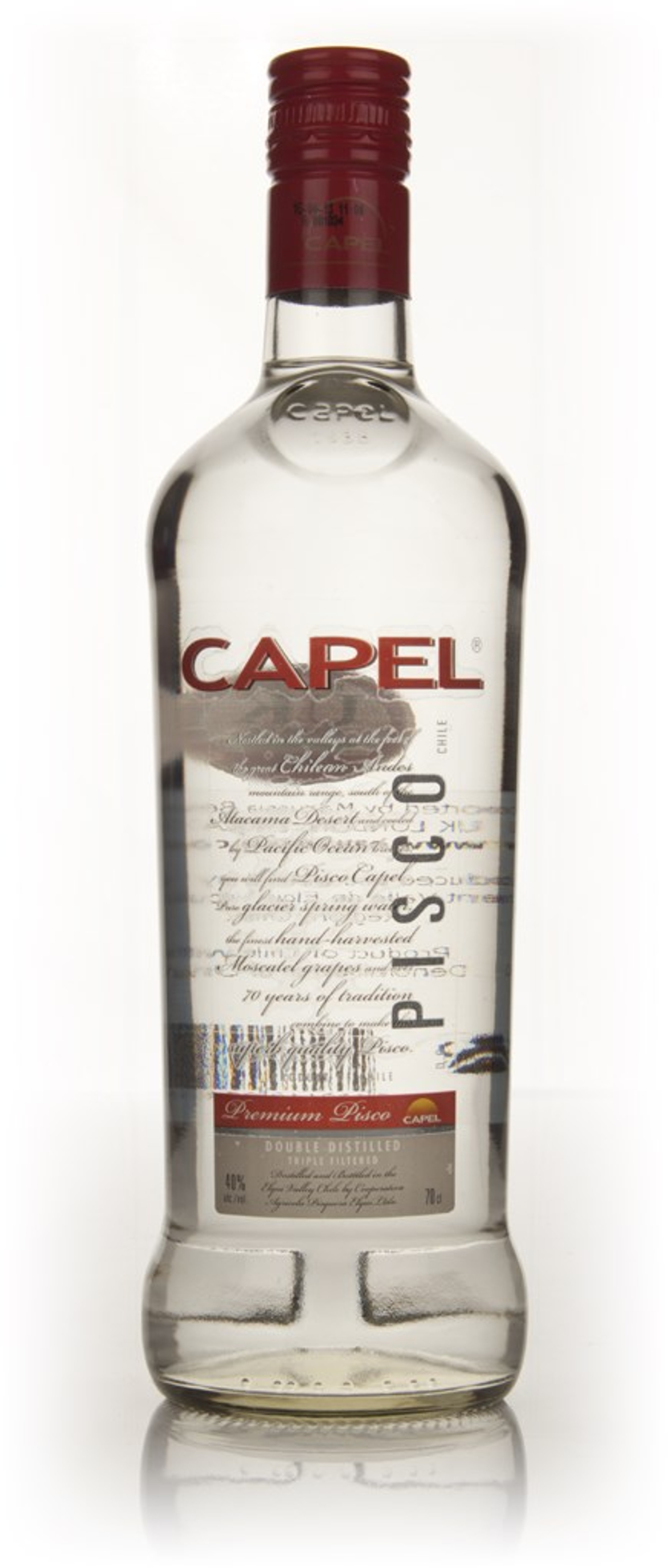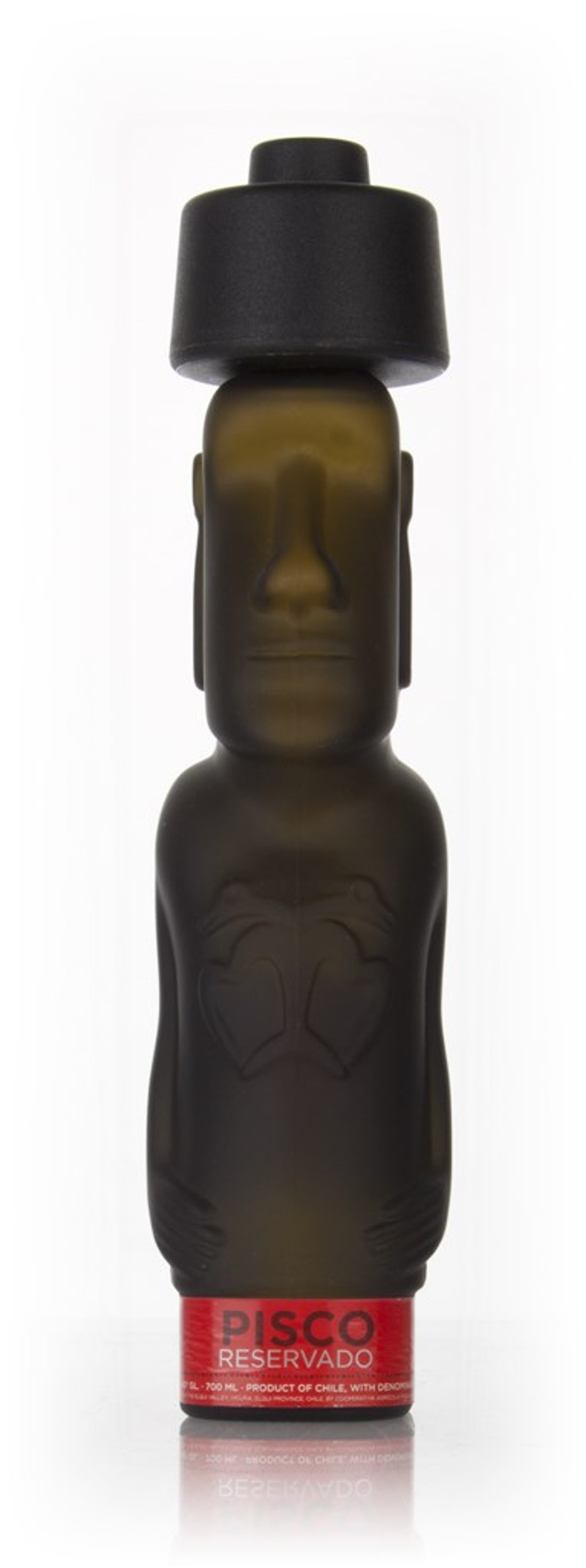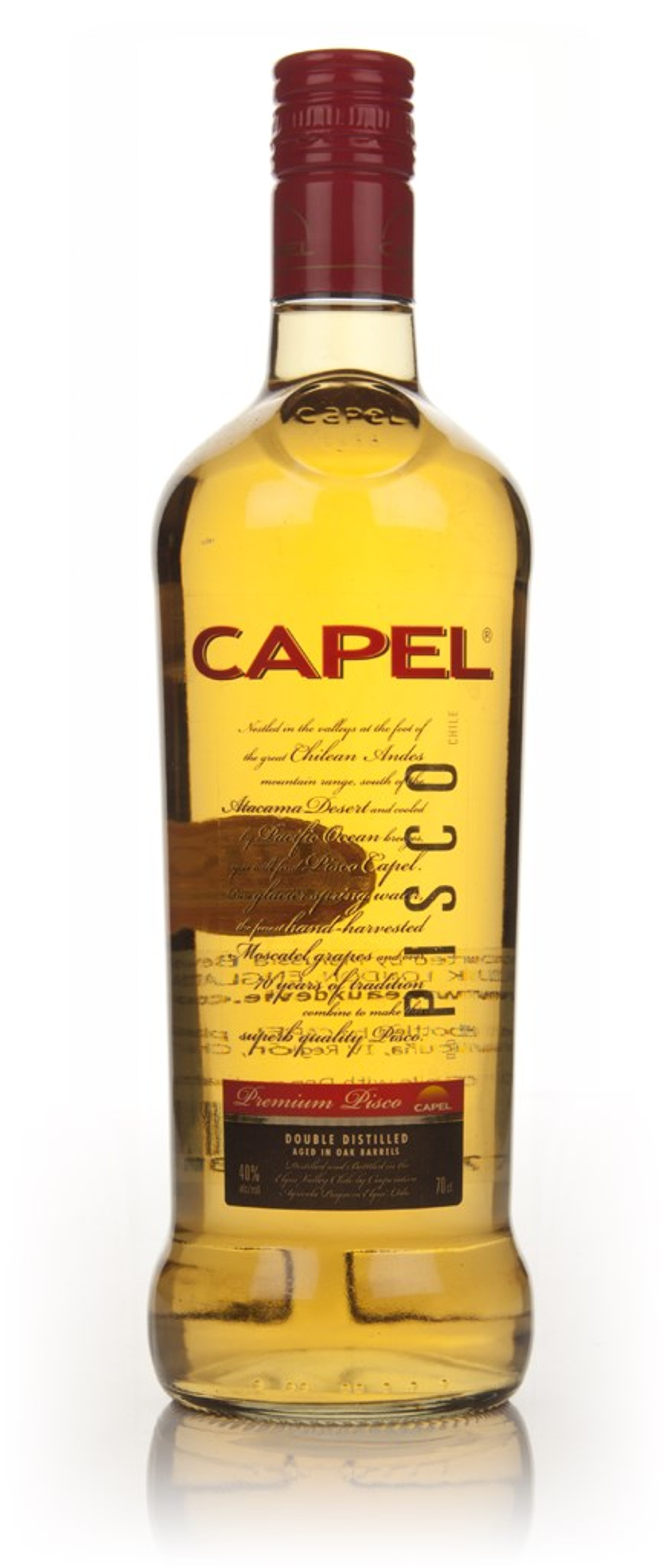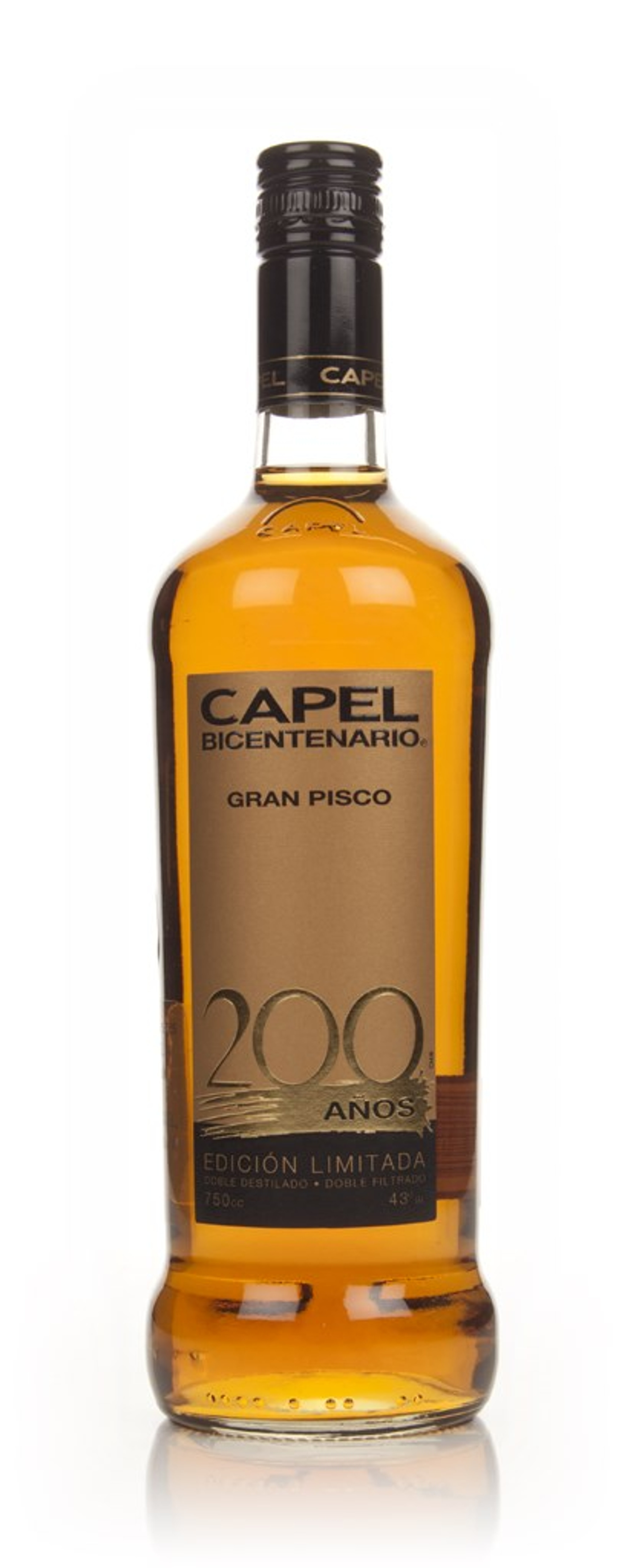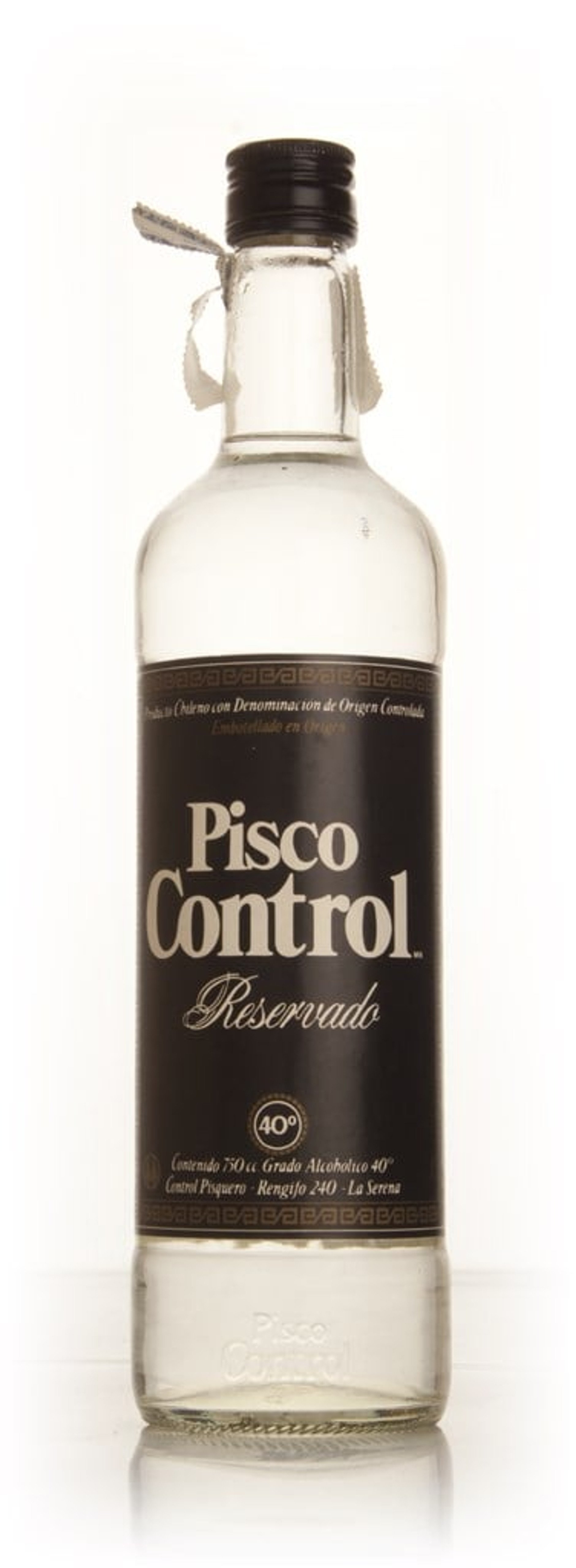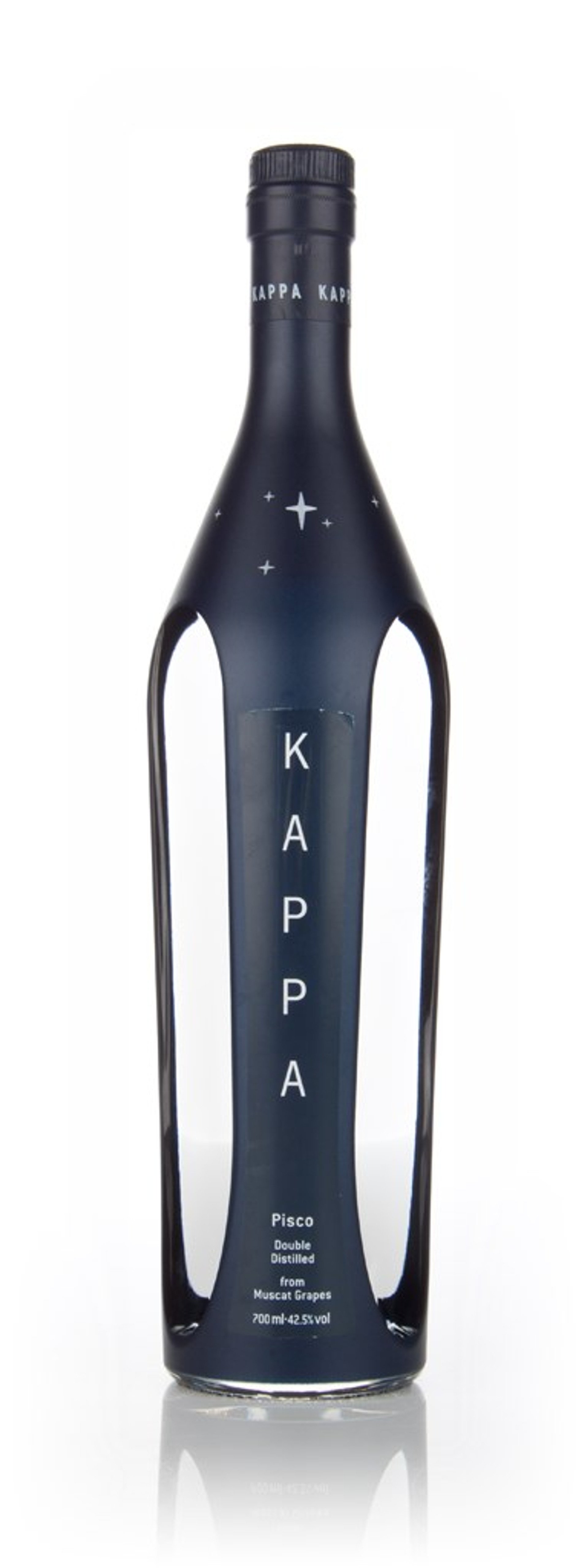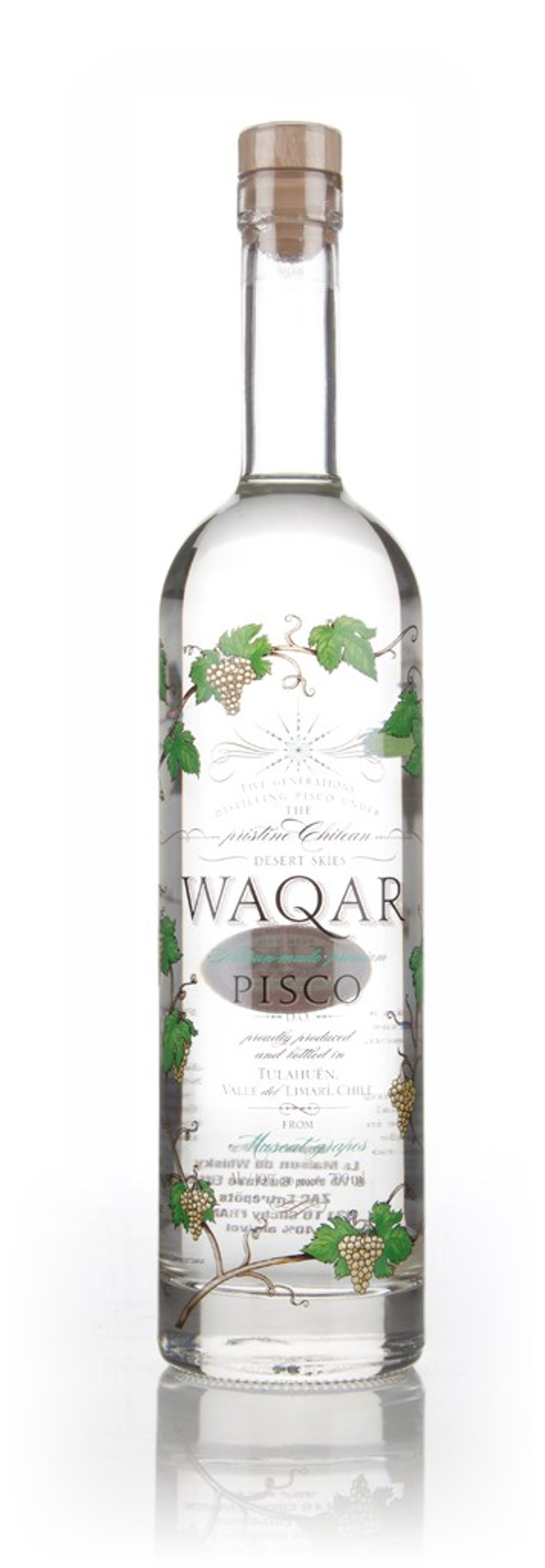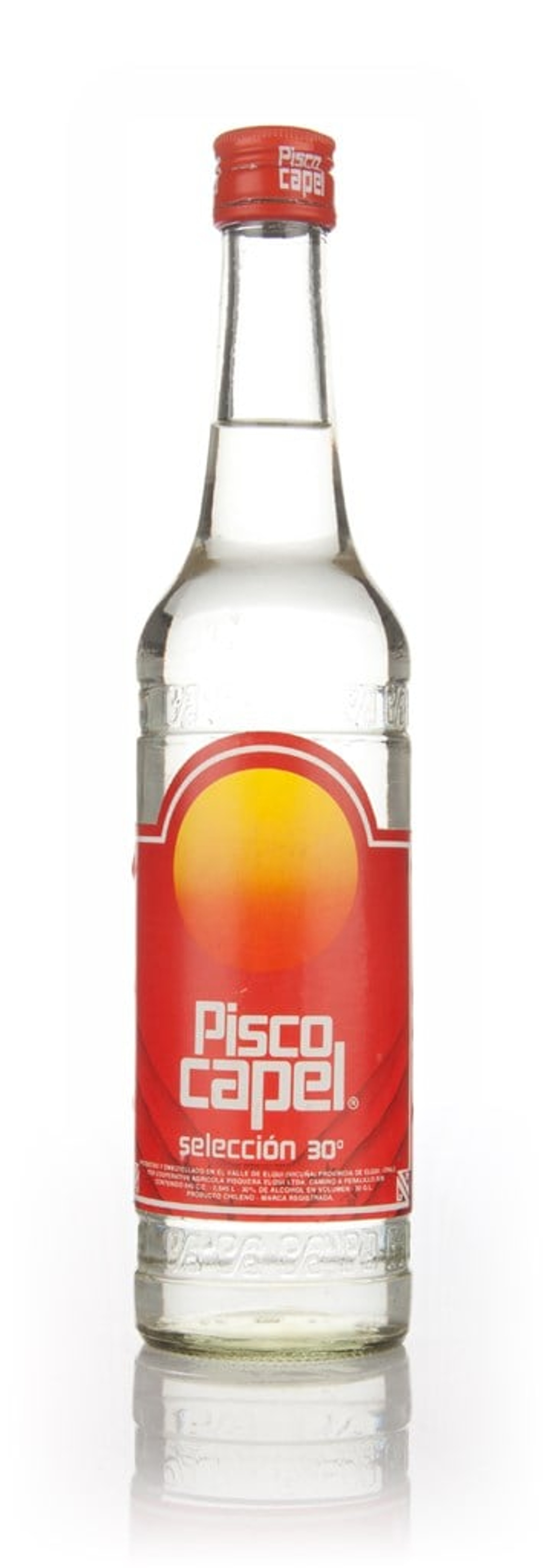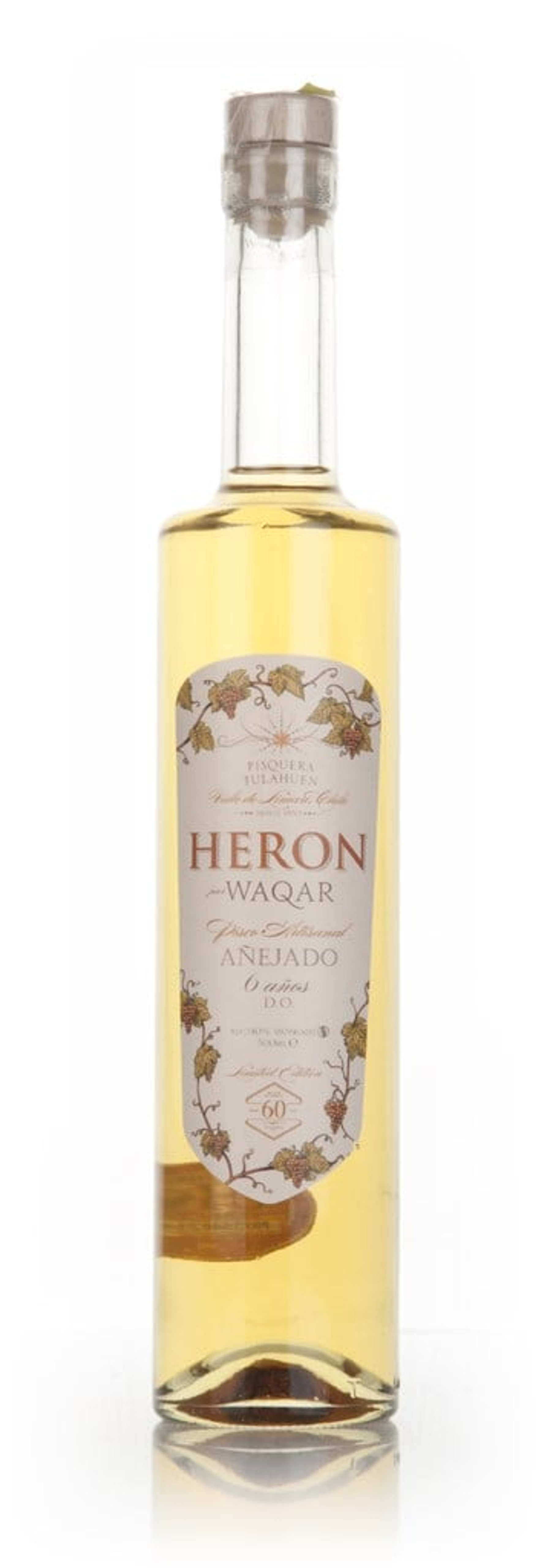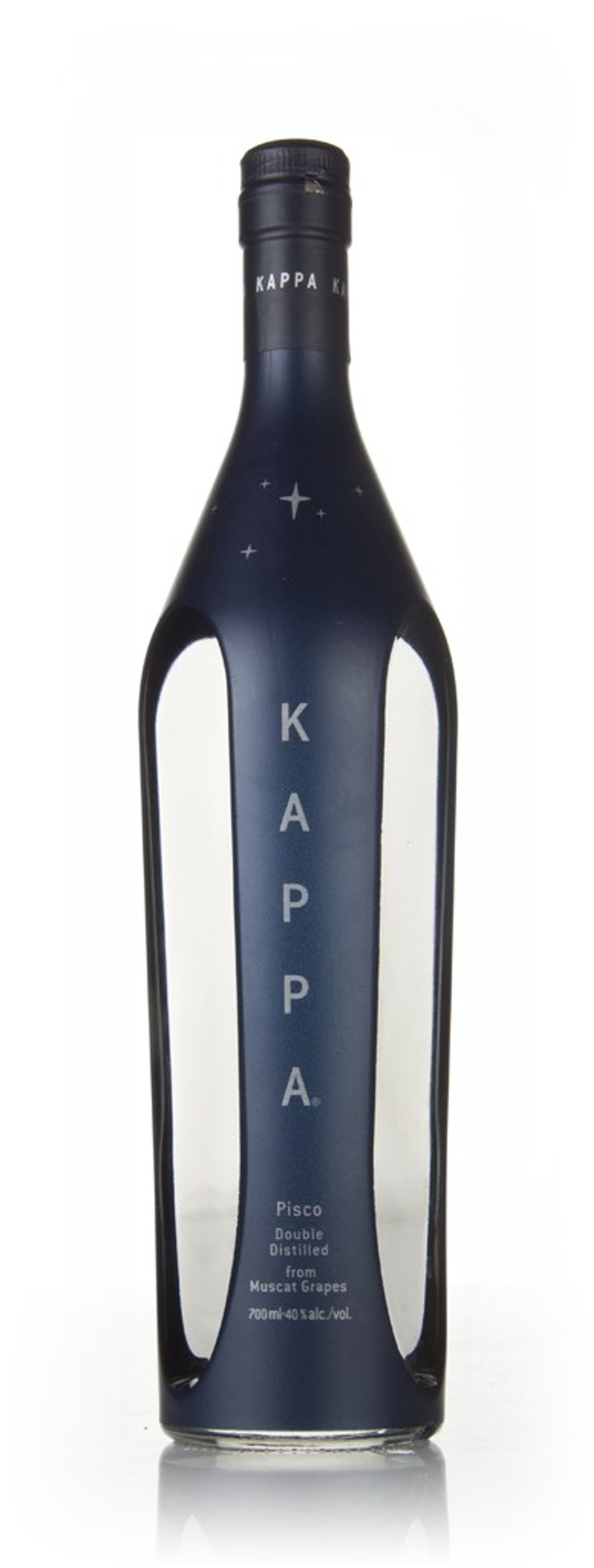
Chilean Pisco
Chilean Pisco is a grape brandy produced in two regions of Chile: Atacama and Coquimbo. It's crafted under strict appellation control regulations, which means it can only be produced in specific areas to be labelled as Pisco. This spirit is an intrinsic part of Chilean culture and history, with its production dating back to the 16th century when Spanish settlers brought the distillation process to the region.
Understanding Chilean Pisco requires a journey through its terroir, heritage, and the intricacies of its making. The Atacama and Coquimbo regions, known for their arid climates and mineral-rich soils, offer the perfect conditions for growing the Muscat, Pedro Jiménez, and Torontel grape varieties predominantly used in the production of Pisco. These grapes are highly aromatic and flavorful, which are key characteristics that define Chilean Pisco's profile.
The production process begins with the careful harvesting of these grapes, which is mostly done by hand to preserve their quality. Once harvested, the grapes are crushed and fermented to create a grape must. This must is then distilled in copper pot stills to a high proof, which varies by producer but is regulated by the Chilean Pisco denomination of origin. Unlike some other spirits, Chilean Pisco is not aged in wood, which preserves the pure expression of the grape and terroir. Instead, it is rested in neutral containers such as stainless steel or, in some cases, glass or earthenware to allow the spirit to mellow before bottling.
Chilean Pisco comes in three primary styles: 'Pisco Corriente' or 'Tradicional,' which is 30% ABV; 'Pisco Especial,' which is between 35% and 40% ABV; 'Pisco Reservado,' which is 40%; and 'Gran Pisco,' which is over 43% ABV. Each style offers a different experience in terms of complexity and intensity of flavour.
One of the distinguishing features of Chilean Pisco is its classification by fragrances. 'Pisco Aromatico' is made from Muscat or other aromatic grapes, 'Pisco Transparente' is a non-aromatic Pisco that's clear and pure, and 'Pisco Envejecido' is an aged Pisco, which despite the name, still doesn't involve wood but has rested for at least six months.
Chilean Pisco is much more than just a spirit; it is a craft that reflects its community's dedication and lifestyle. The distillers often come from families who have been involved in Pisco production for generations. The knowledge and passion behind each bottle can be tasted in the spirit's complexity and finesse.
The versatility of Chilean Pisco is another attribute that makes it stand out. It can be enjoyed neat, allowing the drinker to appreciate its subtle grape flavours and aromatic bouquet. Alternatively, it serves as the foundation for a variety of cocktails, the most famous being the Pisco Sour, where it is combined with lemon juice, syrup, egg white, and bitters to create a refreshing and frothy drink. Another popular cocktail is the 'Piscola,' a simple mixture of Pisco and cola.
Chilean Pisco also plays a significant role in social and culinary traditions. It is often the centrepiece of celebrations and gatherings, reflecting the warmth and hospitality of Chilean people. Its significance has even led to the celebration of a national holiday, "Dia Nacional del Pisco," which honours this beloved spirit.
One cannot discuss Chilean Pisco without mentioning the ongoing debate with Peru over the denomination of origin. Both countries claim the rights to the name 'Pisco' and have distinct production styles. However, Chilean Pisco is distinguished by its regulatory classifications and higher proof requirements, which results in a bolder spirit that still carries a smooth and rounded profile due to the resting period before bottling.
In recent years, the global spirits community has started to take notice of Chilean Pisco. Artisanal producers are gaining international acclaim, and the spirit is now found in the repertoire of mixologists around the world, keen to explore its unique qualities and capabilities as a premium base spirit.
Understanding Chilean Pisco requires a journey through its terroir, heritage, and the intricacies of its making. The Atacama and Coquimbo regions, known for their arid climates and mineral-rich soils, offer the perfect conditions for growing the Muscat, Pedro Jiménez, and Torontel grape varieties predominantly used in the production of Pisco. These grapes are highly aromatic and flavorful, which are key characteristics that define Chilean Pisco's profile.
The production process begins with the careful harvesting of these grapes, which is mostly done by hand to preserve their quality. Once harvested, the grapes are crushed and fermented to create a grape must. This must is then distilled in copper pot stills to a high proof, which varies by producer but is regulated by the Chilean Pisco denomination of origin. Unlike some other spirits, Chilean Pisco is not aged in wood, which preserves the pure expression of the grape and terroir. Instead, it is rested in neutral containers such as stainless steel or, in some cases, glass or earthenware to allow the spirit to mellow before bottling.
Chilean Pisco comes in three primary styles: 'Pisco Corriente' or 'Tradicional,' which is 30% ABV; 'Pisco Especial,' which is between 35% and 40% ABV; 'Pisco Reservado,' which is 40%; and 'Gran Pisco,' which is over 43% ABV. Each style offers a different experience in terms of complexity and intensity of flavour.
One of the distinguishing features of Chilean Pisco is its classification by fragrances. 'Pisco Aromatico' is made from Muscat or other aromatic grapes, 'Pisco Transparente' is a non-aromatic Pisco that's clear and pure, and 'Pisco Envejecido' is an aged Pisco, which despite the name, still doesn't involve wood but has rested for at least six months.
Chilean Pisco is much more than just a spirit; it is a craft that reflects its community's dedication and lifestyle. The distillers often come from families who have been involved in Pisco production for generations. The knowledge and passion behind each bottle can be tasted in the spirit's complexity and finesse.
The versatility of Chilean Pisco is another attribute that makes it stand out. It can be enjoyed neat, allowing the drinker to appreciate its subtle grape flavours and aromatic bouquet. Alternatively, it serves as the foundation for a variety of cocktails, the most famous being the Pisco Sour, where it is combined with lemon juice, syrup, egg white, and bitters to create a refreshing and frothy drink. Another popular cocktail is the 'Piscola,' a simple mixture of Pisco and cola.
Chilean Pisco also plays a significant role in social and culinary traditions. It is often the centrepiece of celebrations and gatherings, reflecting the warmth and hospitality of Chilean people. Its significance has even led to the celebration of a national holiday, "Dia Nacional del Pisco," which honours this beloved spirit.
One cannot discuss Chilean Pisco without mentioning the ongoing debate with Peru over the denomination of origin. Both countries claim the rights to the name 'Pisco' and have distinct production styles. However, Chilean Pisco is distinguished by its regulatory classifications and higher proof requirements, which results in a bolder spirit that still carries a smooth and rounded profile due to the resting period before bottling.
In recent years, the global spirits community has started to take notice of Chilean Pisco. Artisanal producers are gaining international acclaim, and the spirit is now found in the repertoire of mixologists around the world, keen to explore its unique qualities and capabilities as a premium base spirit.
Price
Advanced Search
Age in years
All
Bottling year
All
Vintage
All
Alcohol by volume
All
Categories
Distilleries & brands
Style
User rating
Bottle size
Countries
